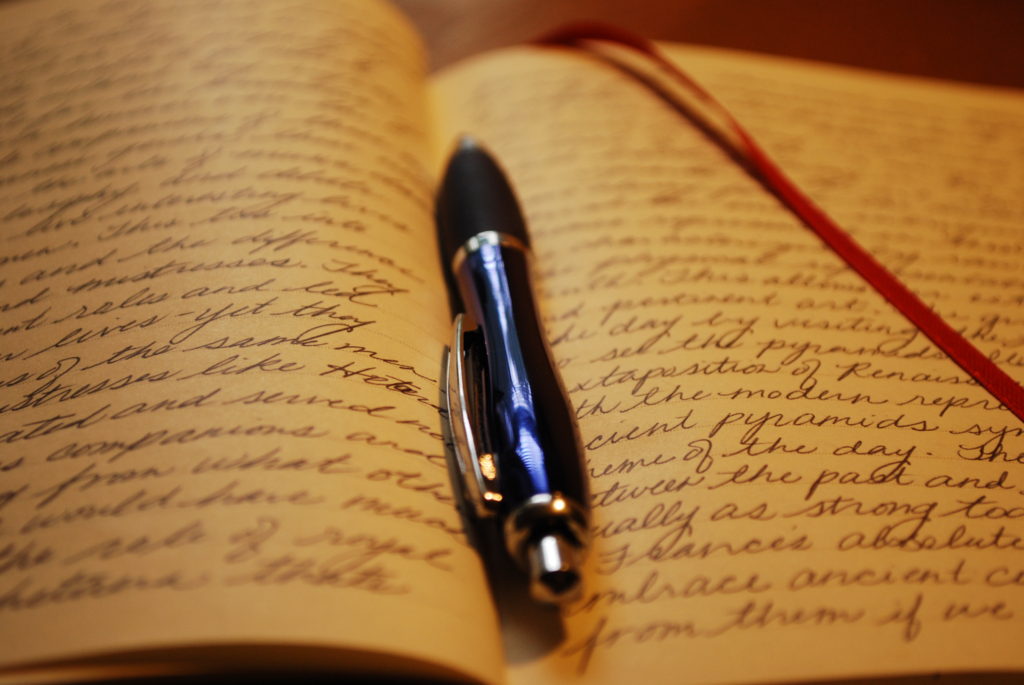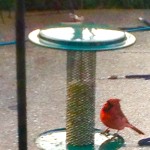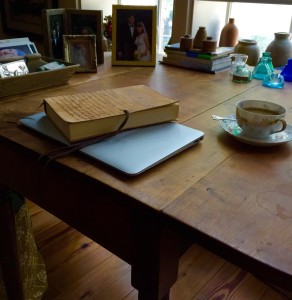“Writing in a diary is a really strange experience for someone like me. Not only because I’ve never written anything before, but also because it seems to me that later on neither I nor anyone else will be interested in the musings of a thirteen-year old school girl. Oh well, it doesn’t matter. I feel like writing.” —Anne Frank, June 20, 1942
“She found that when she didn’t have a notebook it was hard for her to think. The thoughts came slowly, as though they had to squeeze through a tiny door to get to her, whereas when she wrote, they flowed out faster than she could put them down.” ―Louise Fitzhugh, Harriet the Spy
***
I am 14 years old, sitting cross-legged on my yellow bedspread behind the locked door of my bedroom. A college-ruled three-subject notebook is open in my lap, and I scribble away, thoughts coming to me faster than I can get them down on paper.
Excitement about the cute boy on the bus who actually said hello to me today. Anxiety about the oral report I’m expected to give in social studies class tomorrow morning. Heartache about being ignored in the cafeteria by a girl I used to consider my best friend.
***
I am 20 years old, a junior in college, tucked into a wood-scarred booth in the campus grill. Snow is piling up outside, and I am settled into my favorite study spot with a hot mug of tea and piles of manila envelopes full of submissions to the literary magazine, of which I am co-editor. I arrange a stack of blank index cards upon which I will record my impressions of the poems and stories.
But first, I open the hardcover black and white lab book that has served as my journal since last term’s poetry-writing class. Now that I am no longer expected to periodically turn it in for review, I feel a new-found freedom to write without editing myself, comforted that no one will read my private thoughts but me.
I write about my confusing romantic feelings for a male friend who happens to be dating someone else. I vent about my concerns for my father, who is weathering the downturn of the steel industry and seems to be aging at presidential speed between my visits home. I jot down prayers and snippets of Scripture to comfort and encourage myself.
***
 I am 29 years old, working in a job that I love, in a city that I love, involved in a quirky inner-city church that I love. I am sharing a quaint townhouse with two other single women who have become good friends. And I am falling in love with a man I met seven years ago, but started dating only after we lived a couple hundred miles away from one another.
I am 29 years old, working in a job that I love, in a city that I love, involved in a quirky inner-city church that I love. I am sharing a quaint townhouse with two other single women who have become good friends. And I am falling in love with a man I met seven years ago, but started dating only after we lived a couple hundred miles away from one another.
Every evening before I go to sleep, I pour my heart out on paper, into fabric-covered journals given to me as gifts and filled at a record pace. It isn’t decision time yet, but what if this is the man I am supposed to marry? What will this mean for the life I am building in this place, with these people?
Over the next several months, in the pages of several more journals, those questions are answered. I am even more deeply committed my job, my city, my friends, and my church. I write with excitement about buying a house and living alone for the first time in my life.
***
The day after I turn 40, my mother, diagnosed seven months earlier with pancreatic cancer, goes into hospice care. I open a Word document on my laptop and type my grief and fear and rage onto the screen. Tears stream down my face as I hit save and shut down.
***
I celebrated my 50th birthday last month. For a decade or more, my journal entries have become more and more sporadic, as I check in to write at least twice a year—on my birthday and on New Year’s Day. Email and blog posts and social media have replaced my hand-written diary as venues for self-expression. Almost everything I write has an audience.
As I wrote my annual birthday journal entry in the leather-bound diary that I only occasionally crack open these days, I made a resolution. I haven’t missed a day of writing in my journal since.
***



